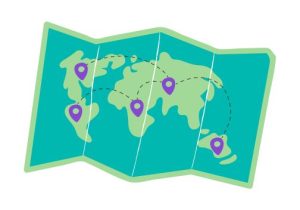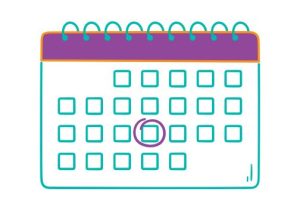Let’s face it: Applicant Tracking Systems (ATS) are great—if you’re hiring at scale, regularly, and have the budget + team to run them.
But what if you’re:
- A founder or hiring manager juggling recruitment on the side?
- A solo HR lead without a tech stack?
- A growing company doing 3–10 hires a year?
You don’t need an expensive ATS. You need a smart, repeatable process.
Here’s how to build a scalable hiring system—without software overload.
🧩 1. Map the Journey (Before You Post)
Break your hiring process into clear, repeatable stages:
- Job brief
- Ad posted
- Applications received
- CV screening
- Initial calls
- Interviews
- Offer
- Feedback & close
📌 Tip: Stick this in a shared doc or whiteboard. Everyone involved should know what happens and when.
🗃️ 2. Use a Shared Tracker (Google Sheets works!)
Set up a simple sheet with:
- Candidate name
- Role applied for
- Source (LinkedIn, job board, referral)
- Status (applied, screened, interviewed, offered)
- Notes and next steps
📌 Tip: Use data validation to create dropdowns for fast updates. Simple, scalable, and accessible for your team.
🧪 3. Standardise Your CV Screening Criteria
Agree in advance:
- What does a “good CV” look like for this role?
- What’s a red flag?
- What’s non-negotiable?
📌 Tip: Create a 5-point scorecard template so every reviewer is assessing the same way.
📞 4. Automate Calendar Booking
No more email tennis.
Use a free tool like Calendly to let candidates book their own calls based on your availability.
📌 Tip: Include pre-call screening questions in the booking form (e.g. salary expectations, notice period).
💬 5. Use Email Templates + Saved Replies
Save hours with a few key templates:
- “Thanks for your application”
- “You’ve been shortlisted”
- “We won’t be progressing”
- “Here’s what to expect before your interview”
📌 Tip: Gmail, Outlook, and most email platforms allow “canned responses” or templates—no extra software required.
🔁 6. Review + Improve Every 90 Days
After each batch of hiring:
- What slowed you down?
- Where did drop-off happen?
- What frustrated candidates?
📌 Tip: Spend 30 mins documenting what worked and what didn’t. That’s how you scale.
✅ The Goal? Repeatability. Not just tech.
You don’t need a system to do the work for you. You need a structure so you don’t reinvent the wheel every time.
⚡ Want a shortcut?
We work with businesses who don’t have an ATS, internal recruiter, or HR tech stack—but still need to hire well.
Our Filtering + Candidate Management service gives you:
- A ready-to-interview shortlist
- Comms handled
- Speed and structure—without a subscription
📩 DM us or click here to learn more.

